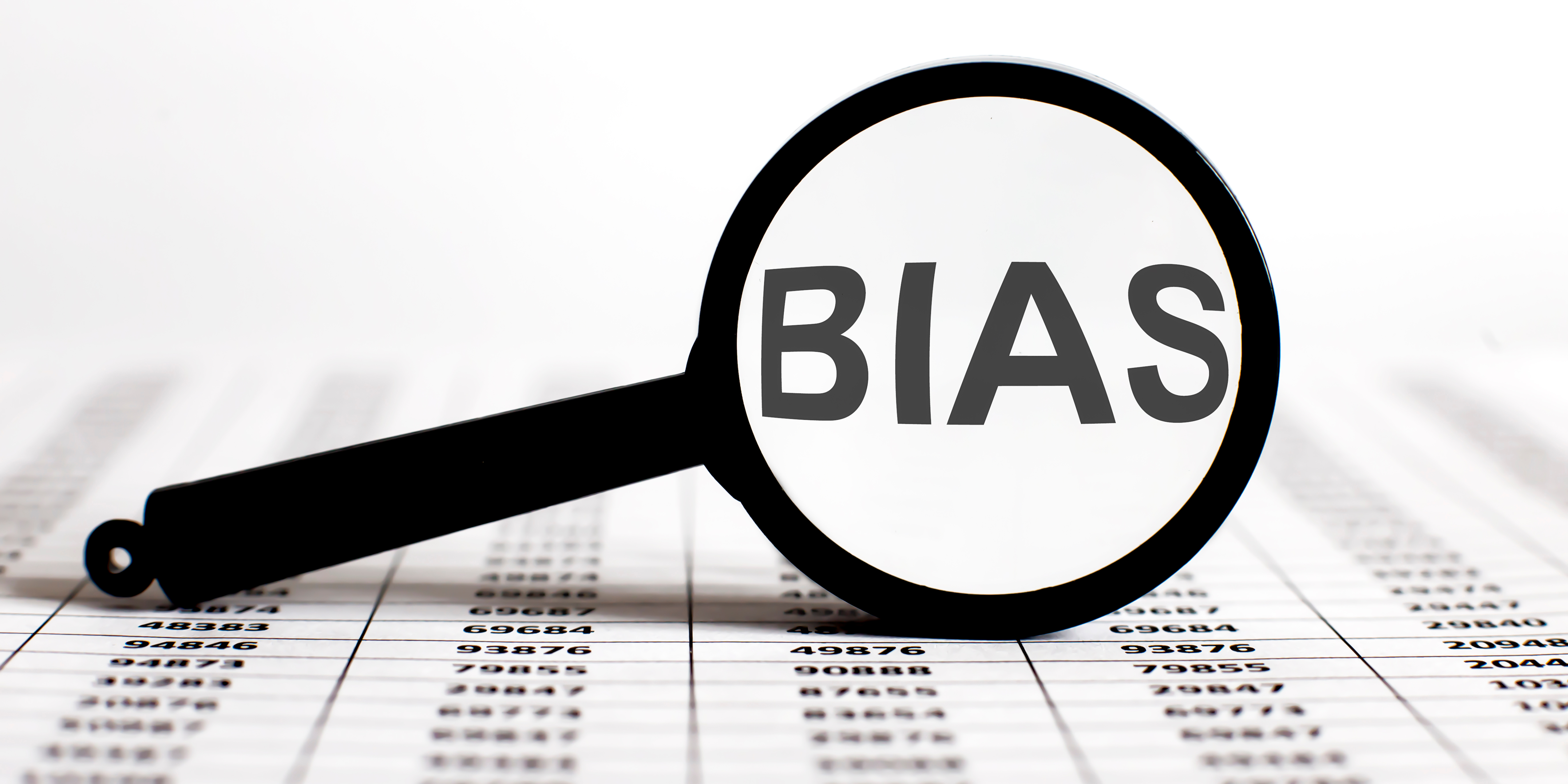As employers, we strive to create fair and inclusive workplaces where every candidate has an equal opportunity to succeed. However, unconscious biases can inadvertently influence our hiring decisions, leading to missed opportunities and perpetuating inequality. In this article, we’ll explore practical strategies to minimise bias during the interview process and ensure a level playing field for all applicants.
- Standardise Your Interview Process
Structured Interviews: Adopt structured interviews with standardised questions. These questions are behaviourally or situationally based, allowing for consistent evaluation across candidates. Create a scoring matrix and train interviewers to ensure uniformity.
Blind Interviews: Consider blind interviews, where interviewers are unaware of the candidate’s personal information (such as name, gender, or ethnicity). Blinding reduces biases like halo effect, horn effect, and affinity bias.
- Diverse Interview Panels
Multiple Interviewers: Involve multiple interviewers in the process. A diverse panel brings different perspectives and reduces individual biases. Consider using the multiple mini-interview (MMI) format, which has shown success in increasing diversity.
- Skills Testing and Objective Measures
Skills Assessment: Incorporate skills testing or practical exercises relevant to the role. Objective measures provide valuable insights beyond traditional interviews.
Behavioural Anchored Questions: Craft questions that focus on specific behaviours or scenarios. For example:
- “Tell us about a time when you resolved a conflict within a team.”
- “Describe a situation where you demonstrated adaptability.”
- Virtual Interviews
Adapting to Virtual Settings: As virtual interviews become more common, ensure that structured formats are maintained. Use video conferencing tools effectively and provide clear instructions to candidates.
- Review Collateral Materials
Audit Job Descriptions: Review job descriptions for potential biases. Use gender-neutral language and emphasise skills and qualifications over personal attributes.
Panel Diversity: Audit interview panels to ensure diversity. Consider representation across gender, ethnicity, and experience levels.
Reducing bias in the interview process is not only a moral obligation but also a strategic advantage. By implementing these practices, employers can attract a wider pool of talent, enhance diversity, and ultimately select the best-fit candidates for your organisations.
Remember, every interview is an opportunity to build a fairer workplace. Let’s make bias-free hiring a priority! As employers, we have the power to shape a more inclusive future. Let’s take deliberate steps to reduce bias and create a level playing field for all candidates.





